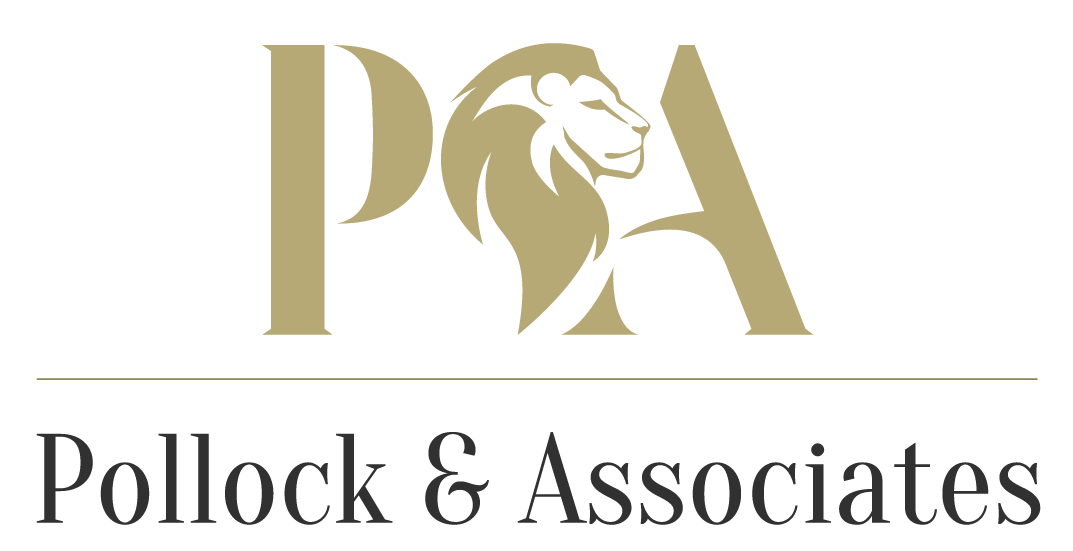The Ever Evolving Role of the Modern CFO
In the past, number-crunching, public accounting, technical accounting and quantitative thinking were the chief domains of the CFO. Their modern counterparts are now required to think in a far more strategic manner, a task which requires a deep understanding of the business in question. Now more than ever, CFO’s are required to exercise vision in order to fulfil their roles effectively.
The modern CFO must be skilled leader, manager and communicator, as well as be able to handle more intricate levels of finance and risk.
“Previously the CFO was concerned with budgeting, forecasting, internal reporting and the accounting functions of the business, however the historic evolution of this profession has now found CFO’s wearing a different hat”, says Pollock & Associates Chief Executive Officer, Caz Pollock.
Alongside this change, we have witnessed an significant shift in the relationship between CFO and Chief Executive Officer.
“The CFO has become a business partner to the CEO because he / she is more operationally-focused and responsible for implementing a more vigorous process of high-level risk assessment and financial discipline,” Pollock says.
As the role of CFO continues to evolve, it is important for financial professionals to proactively improve their skillset while expanding upon current knowledge. Only with experience and agility can a CFO continue to adapt to meet broadening demands which will surely be placed on the position in the future.
“Acting as a co-pilot and visionary, the CFO should guide the business to attain its goals. I believe the future role of the CFO will be even more focused on strategy and operations n the future. The successful CFO will possess the skills needed to adapt to the ever-changing business climate” concludes Pollock.





